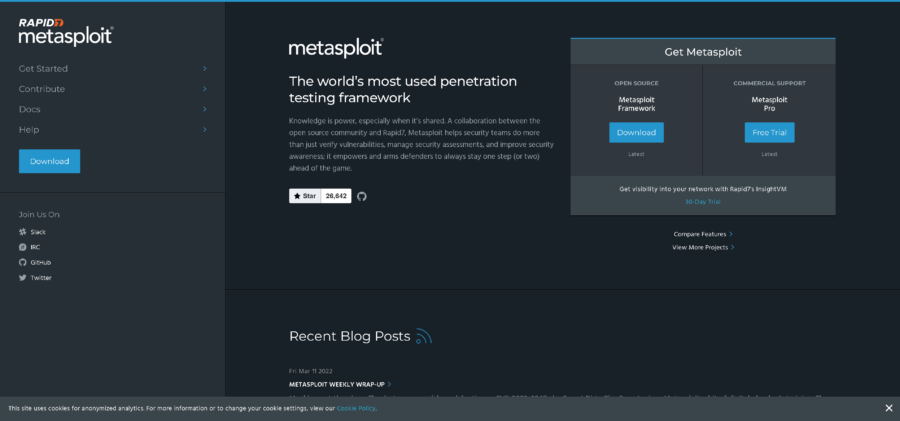Artificial intelligence (AI) as a Sales and Marketing (SaM) tool to help businesses deliver a better customer experience and secure quality leads was once considered an advantage reserved only for large and resource-rich organisations. However, the ongoing advances in AI development means that this exciting technology is now readily accessible for companies of all sizes.
Much of the power lies in AI’s ability to automate complicated or laborious tasks, enhancing operational efficiency while saving on time and resources. Despite this, many businesses remain blind to the possibilities on offer, notably due to a lack of awareness about AI’s practical applications.
So how can AI support SaM teams?
While human marketers remain in charge of strategy and creativity, AI can assist in creating personalized content on both a mass scale and a hyper-personal level.
What this means is that AI solutions can identify consumer behaviour patterns – using marketing data analytics from social media, emails and the Web – to create an in-depth profile of the consumer. Ultimately, AI will allow for a more holistic view of customers’ profiles and therefore, much more accurate customer segmentation. Products can now be more effectively tailored to the preferences of each individual and support marketers in boosting campaign performance.
Targeted advertising can be achieved through this means: AI solutions can target content and product displays to consumers and prospects based on attributes such as location, age, interests, previous activity and purchase history. In the context of online selling platforms, this can mean that companies can provide direct and hyper-relevant products and offers that cater to the individual needs of each customer.
In doing so, AI is able to provide a more personalized experience, even when it comes to basic communication. Customers are generally more inclined to be receptive to company messages if they reflect previous interactions. Using customer data, AI algorithms are able to write up personalized text unique to each individual customer, which can be used for emails and further avenues of communication.
During the research and development stage of Prospex, we spoke with C-level executives and head of departments to identify the common challenges that mid and large market businesses face when it comes to SaM strategies. Much like their smaller counterparts, the lack of sales predictability and the challenge of converting a lead into a customer, be it a consumer or business, ranked as their top concern.
Thankfully, AI solutions can be custom developed for individual businesses, offering cloud solutions that can be closely integrated with their existing IT systems and infrastructure. By scanning and prioritising the most promising targets, AI systems ensure the delivery of hyper-relevant leads based on the business’ unique requirements.
There are massive time and costs savings involved in employing the help of AI; according to the Harvard Business Review, sales teams adopting AI are seeing an increase in leads and appointments of more than 50%, cost reductions of 40%-60%, and call time reductions of 60%-70%. Meanwhile, research by Salesforce found that high-performing teams are almost 5 times more likely to be using AI than underperforming ones.
The figures speak for themselves. Not only do AI solutions help businesses know their customers and competitors at a much deeper level than previously possible, but the insights offered also encourage creative problem-solving and help teams meet targets. I would encourage businesses of all sizes to explore the wide-ranging benefits on offer from AI when it comes to SaM. It could truly transform the way your company operates, and give you that competitive edge.
By Nikolas Kairinos





